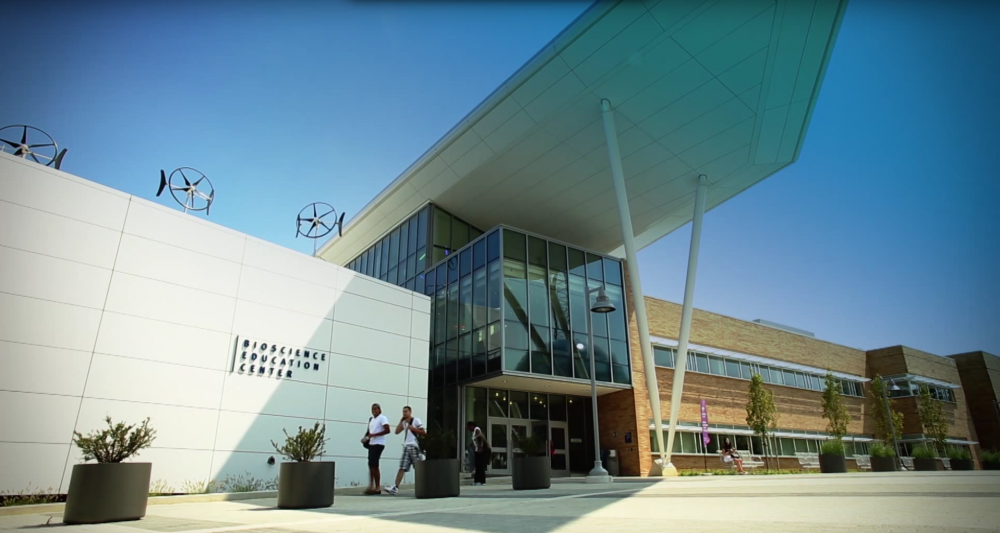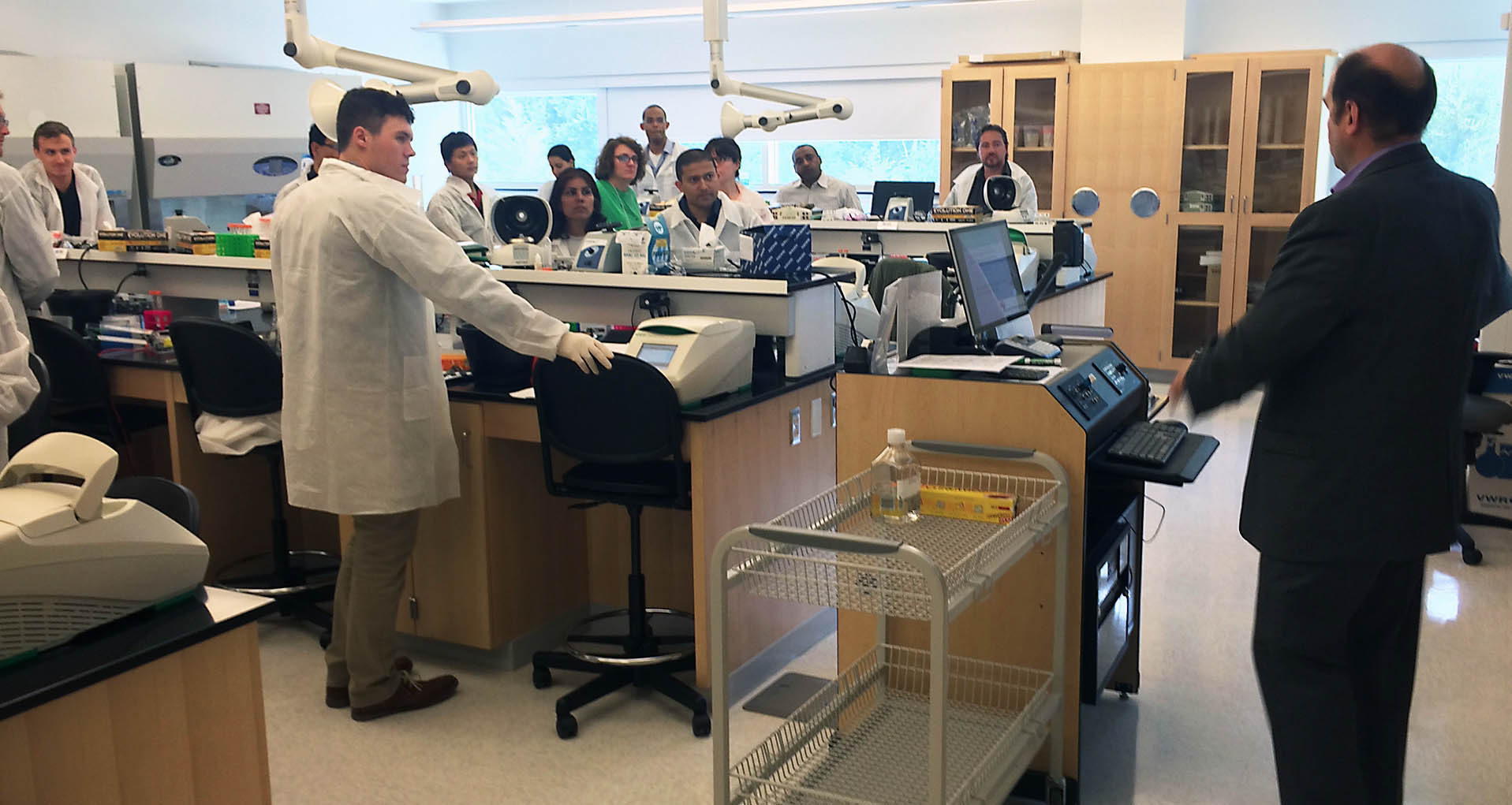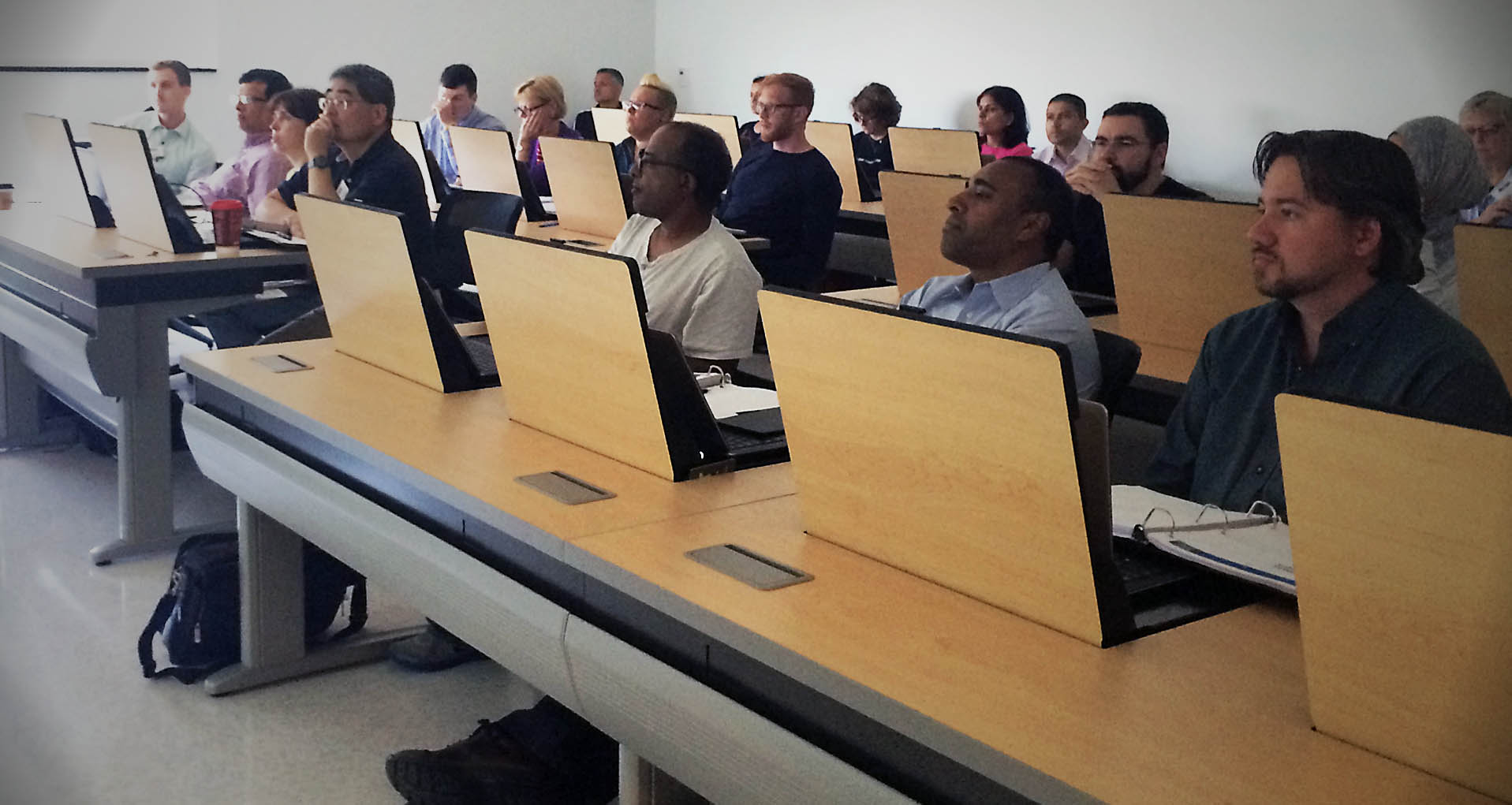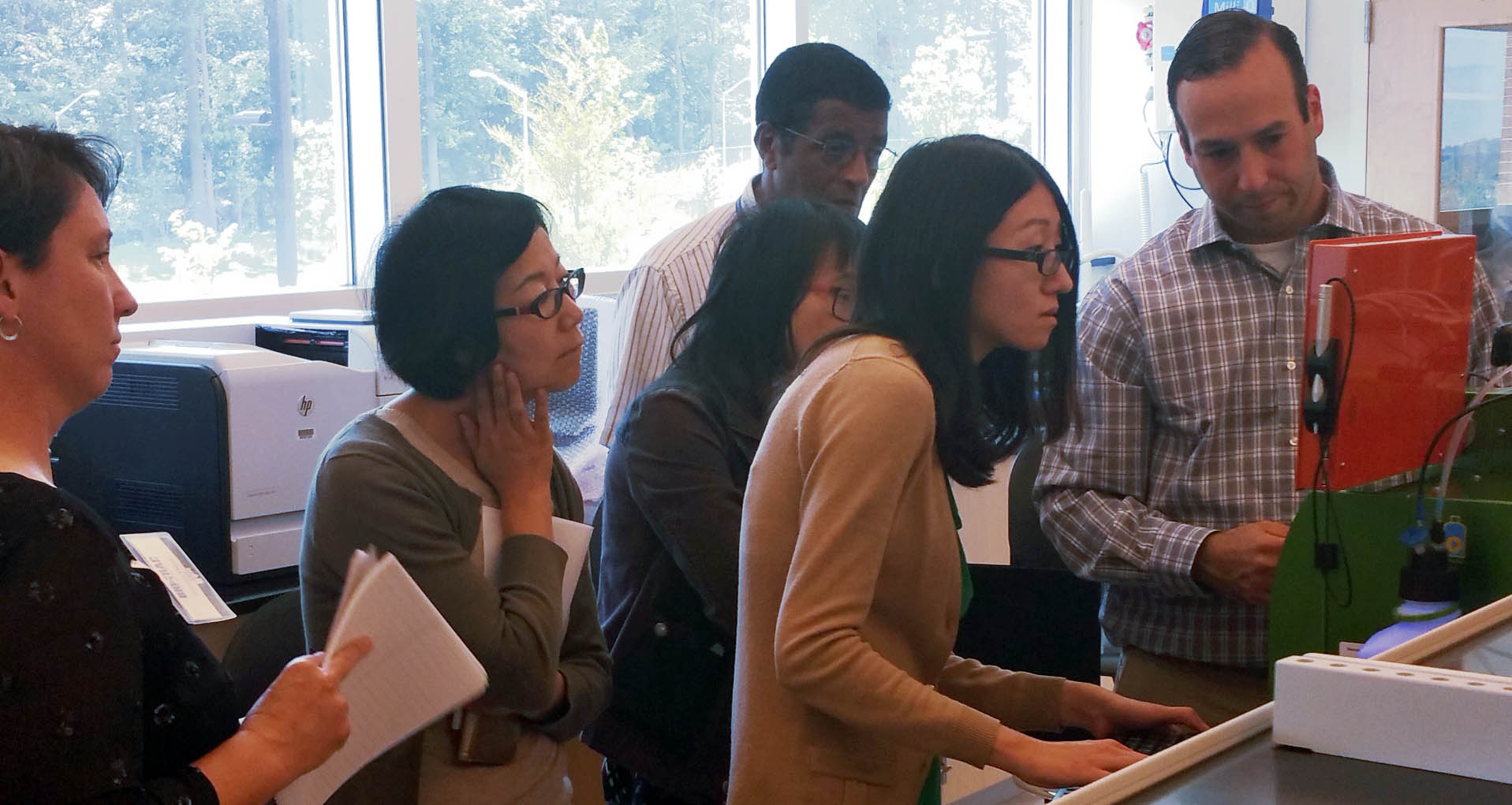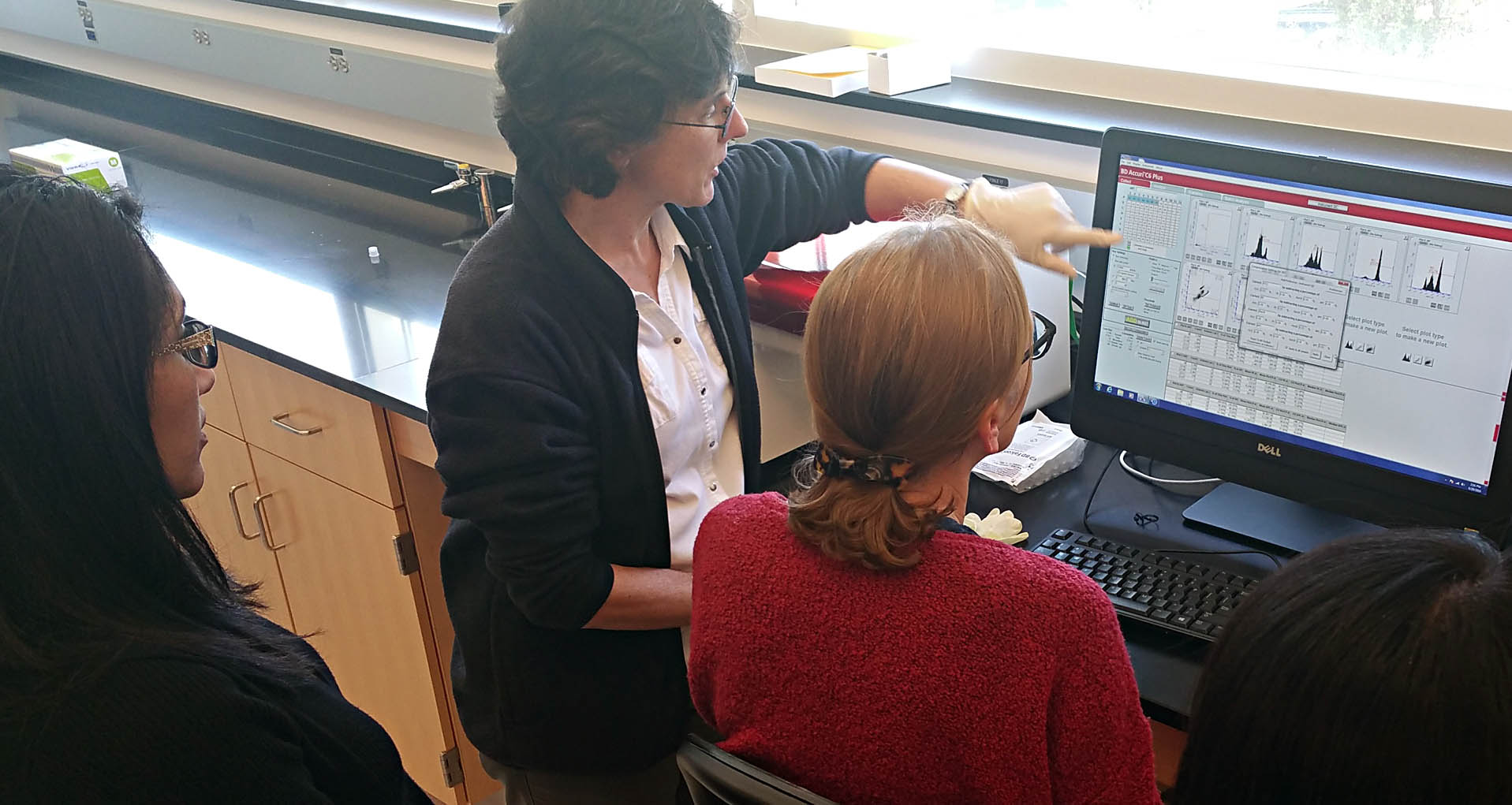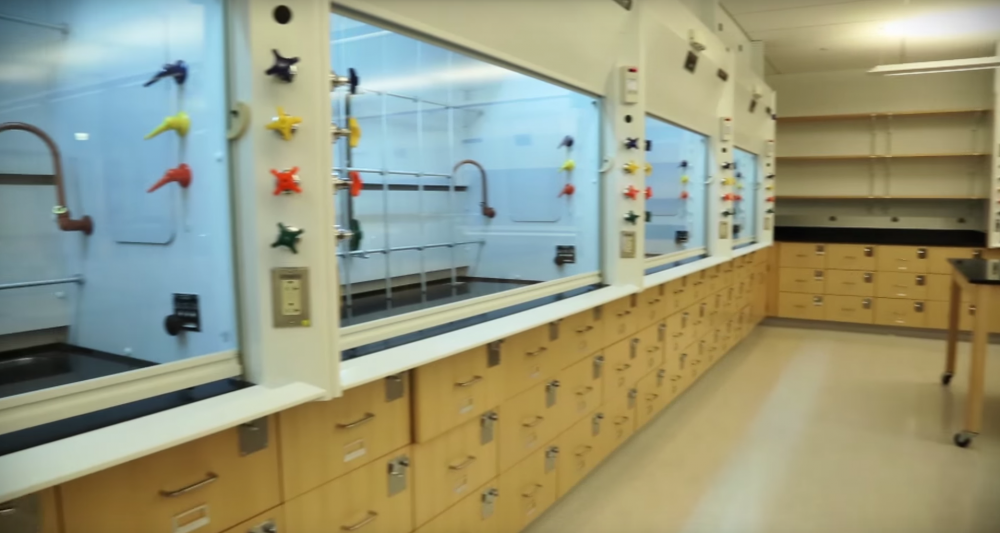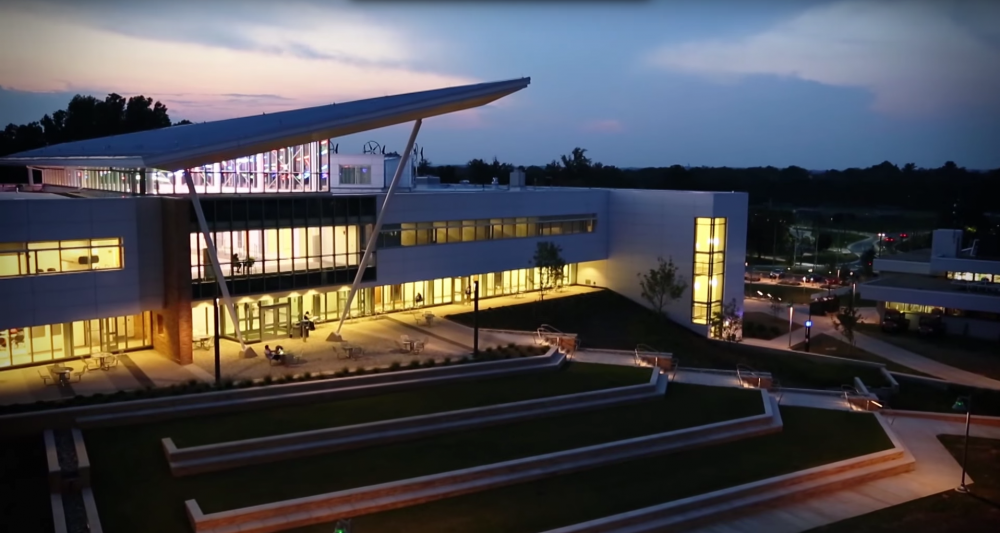March 18 - 21 , 2024
Monday - Thursday
Germantown, MD
The Bioscience Education Center
9:00am-5:00pm
1 Hour Lunch Break
This in-depth lecture and hands-on laboratory workshop (wet lab & in silica) is ideal for those research and bench scientists who are interested in a comprehensive introduction to single cell RNA-Seq. The core of this workshop is composed of highlighting key aspects of NSG and RNA-seq methodologies, with subsequent introduction into the modern armamentarium of tools to conduct these experiments. Further emphasis will be placed on such important aspects as sample preparation, quality control validation and enrichment as well as extensive use of different single cell RNA-Seq data analysis tools (Seurat, Monocle, Pseudo-time Analysis, Clustering Analysis in-depth: t-SNE and Principal Component Analysis).
 | Lecture and Hands-on Interactive Training |
 | Team taught by active researchers |
 | Thumbnail drive with Lectures and Workshop material |
 | Space limited to 20 participants |
 | Registration Fee: $1,095 |
-
"Very informative workshop with a very knowledgable lecturer. Covered the various aspects of NGS and provided guidance I needed."
Marquita Gittens-St. Hilaire
University of the West Indies (Cave Hill)
NGS
-
"It was my first experience with professional development workshop in the USA. I liked it a lot. It was well organized, flexible and friendly. It helped to put in order my preceding knowledge and gain more."
Larisa Ryzhara, MD, PhD
Staff Scientist II
Maine Medical Center Research Institute
CRISPR
-
"This was a great workshop to become acquainted with Next Generation Sequencing Technologies and applications. I would highly recommend this course to anyone interested in an in-depth hands-on course covering relevant NGS bioinformatics and command line tools. Great experience!"
Cara Schafer
Henry M. Jackson Foundation
for the Advancement of Military Medicine
NGS
-
"Great investment. Took material that would have taken months to compile and perfect on my own, and packed it into 3 days."
Richard Barrett
PHD Student
University of Central Florida
CRISPR
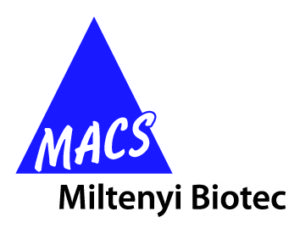 |
Course Director
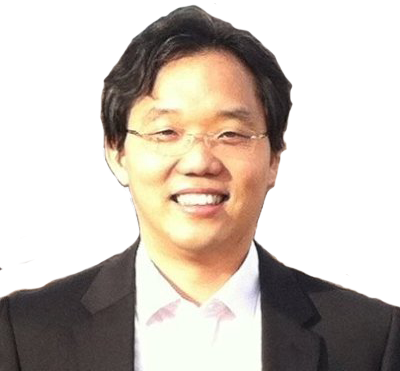
Sijung Jun, PhD,
C.E.O. of Yotta Biomed, LLC
Lectures Topics
- Introduction to Next Generation Sequencing (NGS) and RNA-seq
- Single cell RNA-seq: Principles and Methods
- Sample Preparation and Validation for Single Cell Sequencing
- Drop-seq, High Throughput Single Cell RNA-seq
- 10x Genomics: Chromium Controller Single Cell 3 Work Flow
- Illumina-Biorad’s ddSeq: Data Analysis with BaseSpace; SureCell RNA Single-Cell app
- Comparison of Single Cell RNA-Seq Platforms: Drop-Seq, 10X Genomics, Illumina ddSeq and Fluidigm
- Pre-requisites for Single Cell RNA-seq Analysis: Linux command-line & R Review
Lecture and Hands-on In Silica laboratory:
- Single Cell RNA-seq Analysis: Analysis with Seurat; Analysis with Monocle
- Recent Development of Various seq’s: Related Single Cell RNA-seq, SPLiT-seq, Seq-Well
- Differential Gene Expression Analysis for Single Cell RNA-seq
- TSCAN: Pseudo-time Analysis
- Normalizations in Single Cell RNA-seq
- Clustering Analysis in-depth, Particularly for t-SNE and Principal Component Analysis
Wet Laboratory
- Sample Preparation and Validation for Single Cell Sequencing: Tissue Dissociation, Dead Cell Removal as well as other Contaminants, Pre-enrichment Prior to Single-cell Sequencing
Dr. Yun obtained his Ph.D. in computational biology from Boston University, with his research focusing on the aggregation of amyloid beta protein in Alzheimer's disease. Sijung took a postdoc position at the NIH, with the National Cancer Institute (NCI) studying structural bioinformatics and proteomics. Later, he worked at the genomics core in National Institute of Diabetes Digestive and Kidney Diseases (NIDDK). Currently, he is an independent contract bioinformatician primarily working for National Institutes of Health (NIH), C.E.O. of Yotta Biomed, LLC and is a lead instructor in numerous bioinformatics next generation sequencing (NGS) training activities. Dr. Yun had directed our Bio-Trac NGS related workshops since 2009 and has provide NGS instruction to over 700 Bio-Trac participants.
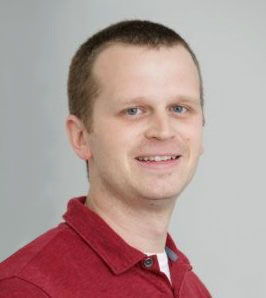 | Michael Kelly, Ph.D. Dr. Kelly is a Senior Scientist with Frederick National Laboratory who leads the newly established NCI Single Cell Analysis Facility. He was previously a post-doctoral fellow at NIH-NIDCD, where he applied single cell RNA-Seq to study the developmental transcriptional programs of mammalian sensory systems. He has experience with many of the single cell transcriptional profiling methods and platforms and works to stay abreast of advancement in single cell sequencing methods and analysis. |
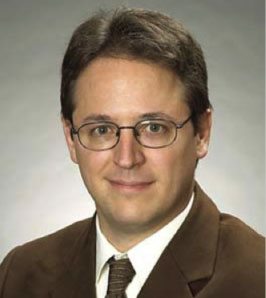 | Eugen C. Buehler, Ph.D. Eugen Buehler began his work on RNA interference (RNAi) design and the interpretation of RNAi screening results as a member of the Applied Computer Science and Mathematics Department at Merck. He has continued this research since joining NCATS in 2012. He has developed methods for detecting and visualizing RNAi off-target effects, inferring off-targeted transcripts from large-scale screens, and establishing bench-level controls for small interfering RNA experiments. To test and refine these techniques, he collaborates with researchers from NIH, academia and industry. Buehler is a frequently invited speaker at RNAi conferences and other venues. He holds a Ph.D. in computer science from the University of Pennsylvania and a B.S. in physics from North Carolina State University. |
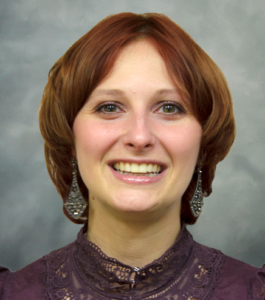 | Allissa Dillman, Ph.D. Dr. Allissa Dillman received her Ph.D. in neuroscience from the graduate partnership program between NIH and the Karolinska Institutet. She studied gene expression regulation, splicing and RNA editing in development and disease. Her specific interest in RNA modifications include base pair mapping in the transcriptome and their potential biological function. In 2015, she joined the National Cancer Institute for her postdoctoral work where she studies epigenetic regulation of splicing and the identification and biological function of novel RNA modifications. Throughout her scientific career she has contributed to more than 30 scientific publications and participates in mentorship and teaching of both bioinformatics and RNA biology. Dr. Dillman has also participated as a team lead for RNA related projects in multiple hackathons at the NIH. |
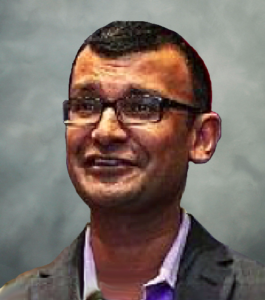 | Niraj Trivedi, Ph.D. Dr. Trivedi is a branch statistician for Columbus Technologies as a contractor for the Social Behavioral Research Branch at the National Human Genome Research Institute (NHGRI) at the National Institutes of Health. Dr. Trivedi provides statistical, computational, and bioinformatic support to scientists of the institute for their data analysis needs. This includes microarray analysis, statistical analysis, and general analysis in biomedical "big data" |
“The scRNA-Seq workshop provided a comprehensive introduction to all aspects of scRNA-Seq workflow. Beyond that, the course delved deeper into the workflow with hands-on training from industry and academic experts. The combination of conceptual and practical training provided by the workshop is exceptional and invaluable to scientists working in scRNA-Seq.” George M., Georgetown University
“I thoroughly enjoyed taking the scRNA-Seq course. The lecturers did a great job and the computational hands-on sessions were very helpful.” Matt B., PhD, NIH/NIAID
“Very good experience to learn scRNA-Seq here.” Xiaoliang Z., NIH/NIAID
“I had a really wonderful experience in this hands-on course. The instructors were highly knowledgeable yet extremely patient. I am excited to bring these new skills to my laboratory.” Joan R., Georgetown University
“Very good.” Ying L., Indiana University
“This course is great for bench biologist with little to moderate bioinformatics experience. The lecturers are great at explaining concepts and walking you through hands-on analysis. Highly recommended for anyone interested in learning Seurat for scRNA-Seq analysis.” Prech U. PhD, NIH/NINDS
“Very well structured and organized course. Highly recommend.” Daniel R., PhD, Harvard University
“The course was very well prepared, with amazing professional as teachers, who clearly knew their topics very well and how to pass it on to us. I would definitely come to another course organized by Bio-Trac.” Natalia N., PhD, NIH/NCI

